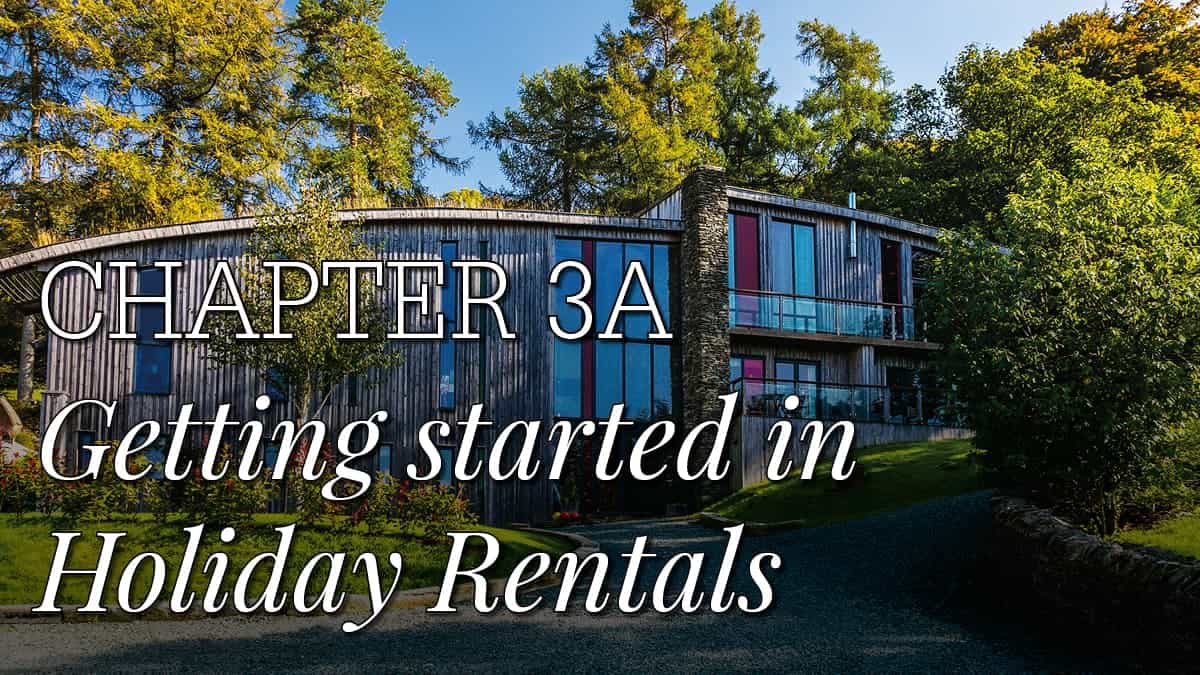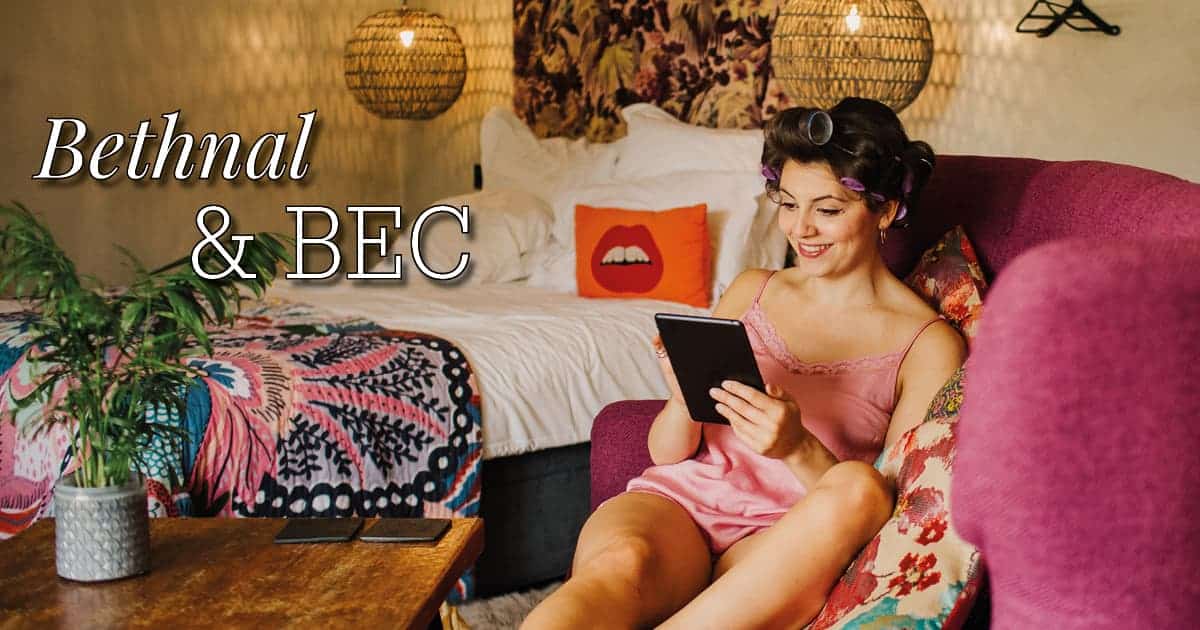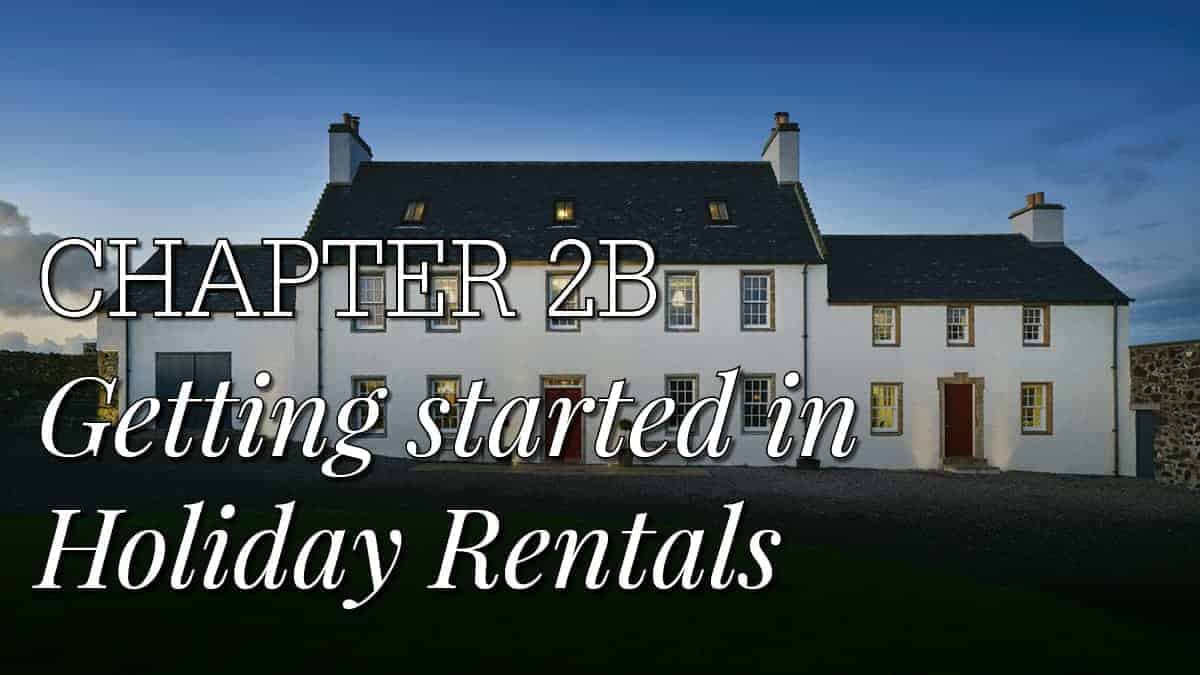
For each issue in 2021, we will be serialising a section of our Luxury BnB E-Book for those looking to set up their own hospitality business.
Welcome to Chapter 3. Chapter 3A will outline some key points for disabled access, storage and toiletries. 3A will also look at key considerations for both child and dog friendly properties.
Dog Friendly
If your accommodation can be adapted to accommodate dogs, evidence suggests the rewards are likely to outstrip the costs. For example if your house is in a popular walking area, you will be at a huge disadvantage if you do not accept dogs. Here are some tips for running a dog friendly establishment:
- Doggy Welcome Pack: Providing this for guests with dogs can be very useful. Here’s some ideas on what you could include:
- Welcome letter detailing dog friendly amenities and rules for pets (e.g. allowing pets on furniture)
- Doggy waste bags
- Portable dog bowl
- Boredom busters (toys, ropes, chews)
- Doggy Drinks such as Pawsecco
- Dog menu: If your guests are booked in for meals at your establishment, remember their pets need to eat too! Offer everything from dog food to chicken & rice to steak
- Dog friendly flooring: Harder floors are easier to clean and ensure no residual allergens are present
- Grass protection: If you have a lawn, remember dog urine stains grass. Either accept this and move on, treat the lawn, or designate a doggy toilet area
- Designated Doggy Dining: Even if you make it clear to all guests that you are a dog-friendly business, you’ll always get someone who doesn’t want to eat in a dining room with dogs. Consider having a section for your dog owners to dine with their dogs in attendance that is separate from other guests.
- Dog-Friendly Rooms on the ground floor: This will enable easy access to an outdoor area so the dogs can go to the toilet.
For more doggy related top tips, visit our website:
luxurybnbmag.com/dog-friendly-bandb-guide
Toiletries
Ensure you pick the right product/brand to use in your holiday rental. You can do a great deal to set the brand of your place from using the right toiletries.
If you supply small bottles they will be taken by guests, (we’ve all done it!).
If you supply larger bottles, guests tend to use only what they need to.
Buy in bulk if you can. Consider trade accounts and don’t be shy to contact your favourite place and ask for them to supply items in bulk/pre-bottled states.
They will keep and it could be much cheaper. Consider leaving a leaflet with a discount code – this can be a revenue generating opportunity.
Family Friendly
It can be hard deciding if you should run a family friendly or adults only hospitality business. If you decide to go down the family friendly route, that means there’s a lot more to consider, including any age limits (e.g. 12+ or all ages?), how many beds you need in one room, and much more.
To help get you started in this sector, here are some tips for running a family friendly business:
- Washable walls and flooring: Hard flooring is easier to clean, but if you go for carpets, make sure they are bleach-able. It’s also a good idea to invest in wall-paint that can be easily washed without damaging it.
- Entertainment: Make sure you have plenty of books, games, crafts and so on available for the kids to use whilst the parents have some alone time, Make sure you keep checking these to stock up on colouring pens and art supplies etc.
- Furnishings: Kids are messy. Make sure your furnishings are durable and can be easily washed or fixed. Mattress protectors are a must for cots and single beds set up for the children you have staying over.
- Parking: Having a designated parking area away from areas where any children may be running around and playing outside. This will ensure they all stay safe if they are out of view of the parents
- Market the family friendly attractions you have nearby: Knowing there are places to visit nearby with the kids will increase the chances of a family booking to stay with you
- Bed options: Consider investing in a travel cot for families staying with younger children. This can then be removed when other guests without children come to stay. Think about where you will be able to store it when it isn’t in use. Consider whether you want a permanent single bed in one or more of your rooms alongside the double bed, or whether you want to invest in sofa beds that can be used as either depending on who is staying.
For more information and advice on running a family friendly hospitality business, visit our website:
luxurybnbmag.com/adultsvsfamily
Disabled Access
If you can make your house accessible to wheelchair users please do it!
It might seem impossible at first, but there are many ways to make things accessible. Doing so will widen your pool of potential guests which will lead to more bookings, not to mention the positive impact on the disabled community and society as a whole.
‘Disabled Access’ doesn’t just mean being wheelchair friendly. Think about the surroundings and the way you conduct business for guests with autism. Be open and ready to communicate. Remember to be patient and help them as best you can.
Considerations for guests with disabilities:
- Avoid flickering lights
- Install dimmable lights so the guest can control the brightness of their room
- Think about noise pollution – how can you minimise unwanted sounds?
- Provide handy information leaflets and guides for guests who need that extra bit of explaining so they know what they can expect during their stay
- Ensure staff are aware of guests with disabilities so they are prepared to help them
- Share disabled access information online
- Make sure your property is easy to navigate
- Designated parking spots for handicaped guests
- Wider doorways
- Grab bars in showers/baths
Storage
Think about how much storage each room will need at maximum occupancy. What type of storage will they need?
Offering a number of storage options allows you to cover all bases, but you don’t need to pack the room with wardrobe after wardrobe.
Consider who your guests are and how much storage space your guests actually need.
For example, if you are marketing to sport enthusiasts who may bring specialist equipment and clothing, where can they store it during their stay? When can it be left to dry?
You might be surprised about how little storage guests need, but you’d much rather provide 4 drawers and have the guest use 1, than provide 1 and they need 4.
NOTE: Once unpacked, where do the cases go?
Summary
This brings Chapter 3A to a close. Hopefully this has provided you with some helpful food for thought when it comes to interiors, technology and renovations.
The next Chapter (3B) will introduce you to operations, such as disabled access, storage and toiletries. It will also introduce you to key considerations concerning providing for children and dogs.



